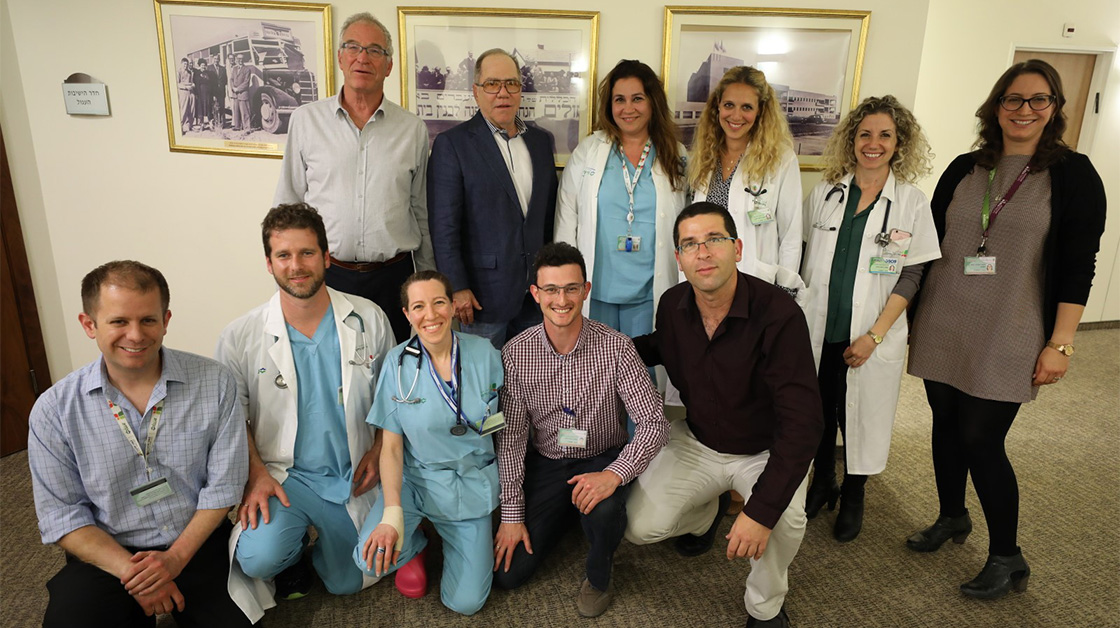New Blood Test May Detect Fetal Genetic Disorders at 11 Weeks

Israeli scientists have developed a new blood test that could detect prenatal genetic disorders as early as 11 weeks into a pregnancy, allowing for a move away from more invasive methods to diagnose fetal diseases and genetic flaws.
The test, developed by scientists at Tel Aviv University (TAU), works by sequencing small amounts of DNA in parents’ blood, which is then analyzed by a computer algorithm to produce a “map” of the fetal genome. The method could allow doctors to predict mutations with at least 99 percent accuracy – depending on the type – with a single blood test, the university said in a statement. The process allowed the scientists to produce next-generation sequencing (NGS), which they say could lead to non-invasive prenatal diagnosis (NIPD) of a wide range of monogenic diseases simultaneously.
The research was led by Professor Noam Shomron of TAU’s Sackler School of Medicine and conducted by TAU graduate student Tom Rabinowitz with Avital Polsky, Artem Danilevsky, Guy Shapira and Chen Raff. They worked in collaboration with Dr. David Golan of the Technion-Israel Institute of Technology and Professor Lina Basel-Salmon and Dr. Reut Tomashov-Matar of the Rabin Medical Center, where the tests were conducted. The study itself was published was published on February 20 in the medical journal Genome Research.
The scientists are now working on further improving the accuracy of the blood test and extending it to detect additional types of mutations. (Article Excerpts from nocamels.com)